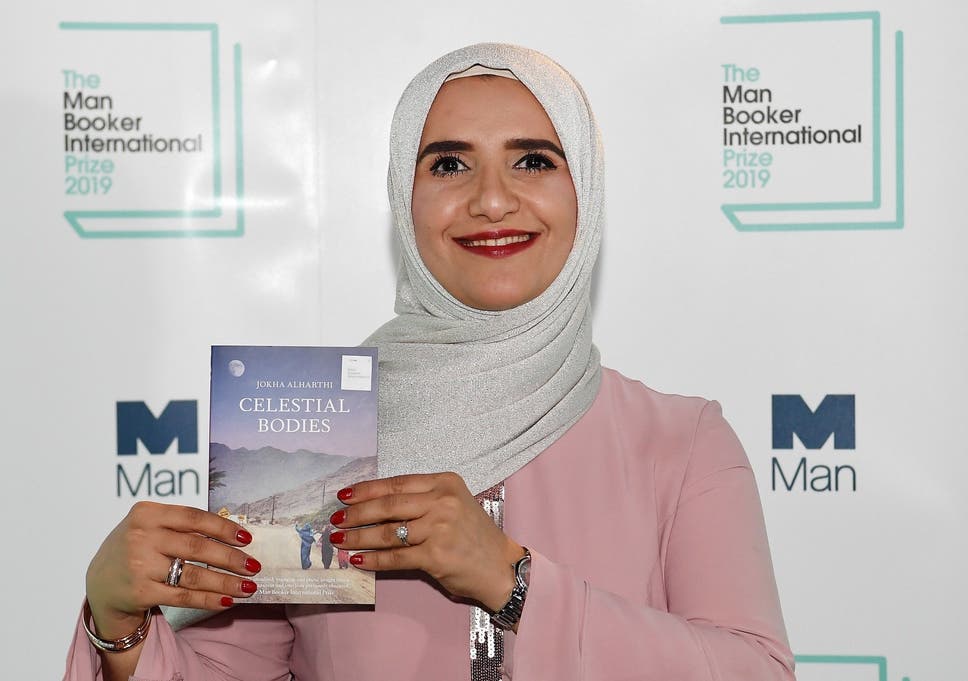
An author from Oman has become the first Arabic-language writer to win the Man Booker International Prize with Celestial Bodies.
Jokha Alharthi’s winning novel tells the story of three sisters and a desert country confronting its slave-owning past and a complex modern world.
The author plans to split the £50,000 prize money with her translator, US academic professor Marilyn Booth.
Historian and broadcaster Bettany Hughes presented the prize at a ceremony at the Roundhouse in London.
She said of the winning book: “Its delicate artistry draws us into a richly imagined community –opening out to tackle profound questions of time and mortality and disturbing aspects of our shared history.
“The style is a metaphor for the subject, subtly resisting clichés of race, slavery and gender.
“The translation is precise and lyrical, weaving in the cadences of both poetry and everyday speech.
“Celestial Bodies evokes the forces that constrain us and those that set us free.”
Luke Ellis, chief executive of Man Group, added: “As one of the first literary awards to celebrate the work of international authors and, in recent years, to celebrate fiction in translation, the Man Booker International Prize plays an invaluable role in encouraging a diversity of voice in fiction worldwide.”
Celestial Bodies beat five other finalists from Europe and South America, including last year’s winner, Olga Tokarczuk, from Poland.
The prize is a counterpart to the Man Booker Prize for English-language novels and is open to books in any language that have been translated into English.







